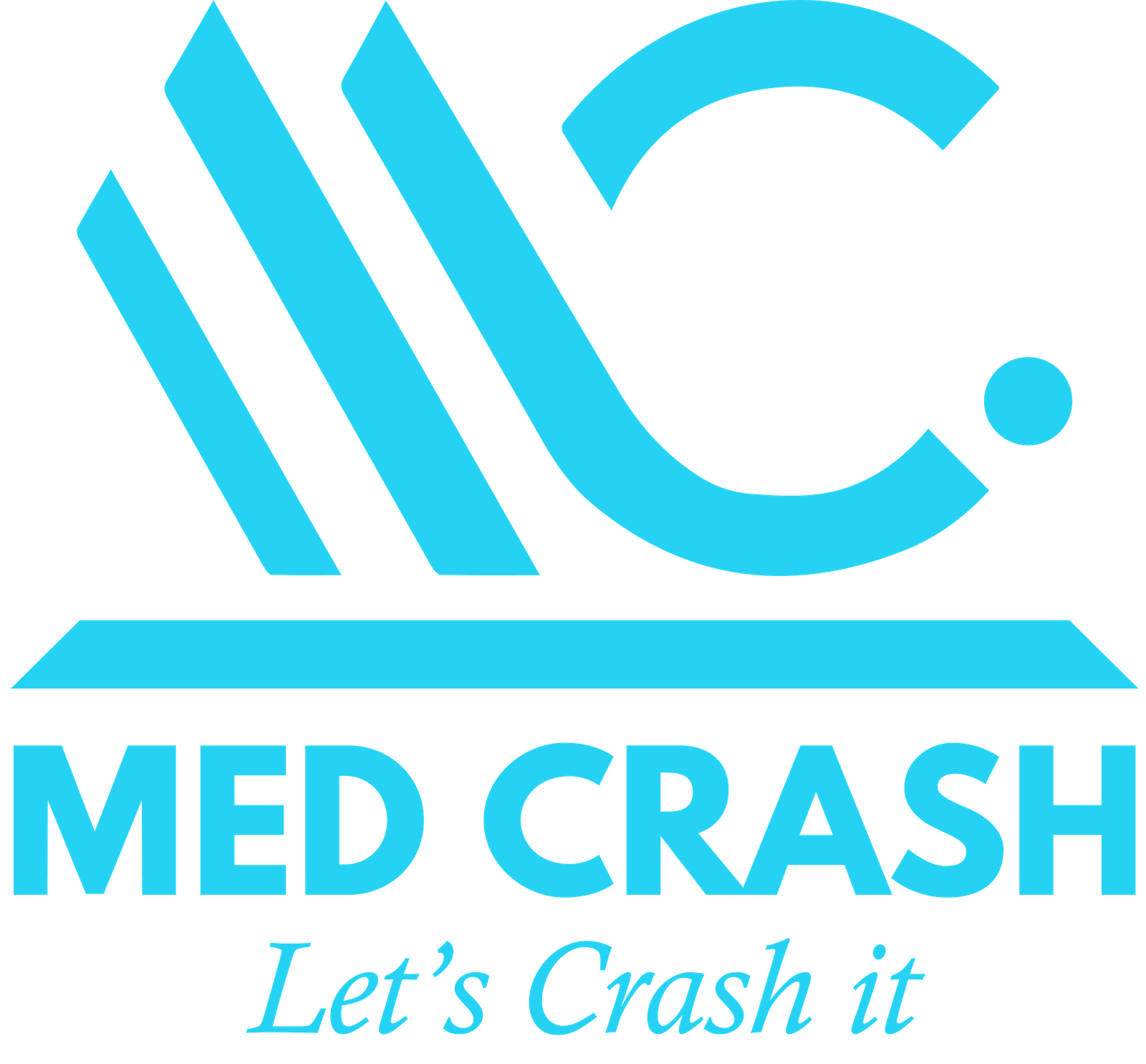Unlocking Knowledge: Access to Medical Literature and Insights for Students
Comprehensive Medical Literature Resources
Access to quality medical literature is pivotal for the educational advancement of medical students. The range of resources available is vast and encompasses various forms of literature such as textbooks, peer-reviewed research articles, and clinical guidelines. Textbooks serve as foundational materials, covering essential concepts in medicine and providing comprehensive overviews across multiple specialties. They are meticulously curated to ensure they meet the educational standards necessary for a robust understanding of medicine.
Research articles contribute significantly to the knowledge base, offering insights into the latest scientific findings and innovative medical practices. These peer-reviewed publications allow students to engage with contemporary debates in the field, enabling them to develop critical thinking skills essential for their future careers. Furthermore, clinical guidelines serve to encapsulate best practices, aiding students in understanding standard protocols for patient care and management, thereby enhancing their clinical acumen.
The needs of medical students can be quite diverse, which is why a variety of resources have been tailored specifically for them. For instance, recommended readings often include not only comprehensive textbooks but also study guides and review books that align with specific curriculums. In addition, specialty journals can be valuable for students interested in particular fields, helping refine their focus areas and expand their knowledge further.
Accessibility of medical literature is increasingly becoming easier due to advancements in technology. Numerous online platforms, libraries, and subscription services offer students the ability to access these materials from various locations. Resources such as PubMed, UpToDate, and institutional library databases provide a treasure trove of information that is essential for academic success. By leveraging these resources effectively, medical students can ensure they remain well-informed throughout their studies and clinical experiences.
Engaging Blogs: A Platform for Learning and Discussion
In the realm of medical education, blogs have emerged as an invaluable resource for students seeking to deepen their knowledge and connect with peers. These engaging platforms provide a wealth of information on a diverse range of topics pertinent to the medical field. From current medical trends that shape modern healthcare to practical study tips and insights into professional development, these blogs serve as a comprehensive guide for students navigating their academic journey.
One of the primary benefits of engaging with medical blogs is the breadth of knowledge they offer. Topics covered often include evolving medical practices, groundbreaking research findings, and emerging specialties, which are crucial for students to remain informed and responsive to changes in the healthcare landscape. Additionally, blogs frequently feature content on time management and study techniques tailored specifically for medical students, helping readers develop effective strategies to excel academically.
Moreover, medical blogs foster a sense of community among students, enabling discussions that enhance learning experiences. Comment sections or discussion forums associated with these blogs allow readers to share their perspectives, ask questions, and offer support to one another. This interaction not only encourages deeper engagement with the content but also helps establish connections among students who may face similar challenges and triumphs in their education.
The importance of such platforms cannot be understated. They not only equip students with vital information but also cultivate a collaborative environment where individuals can contribute their thoughts and insights. By participating in these discussions, medical students can enhance their understanding of important concepts while also creating a supportive network that encourages personal and professional growth. Ultimately, engaging with medical blogs is an essential avenue for students to thrive in their academic pursuits and stay connected within the medical community.


